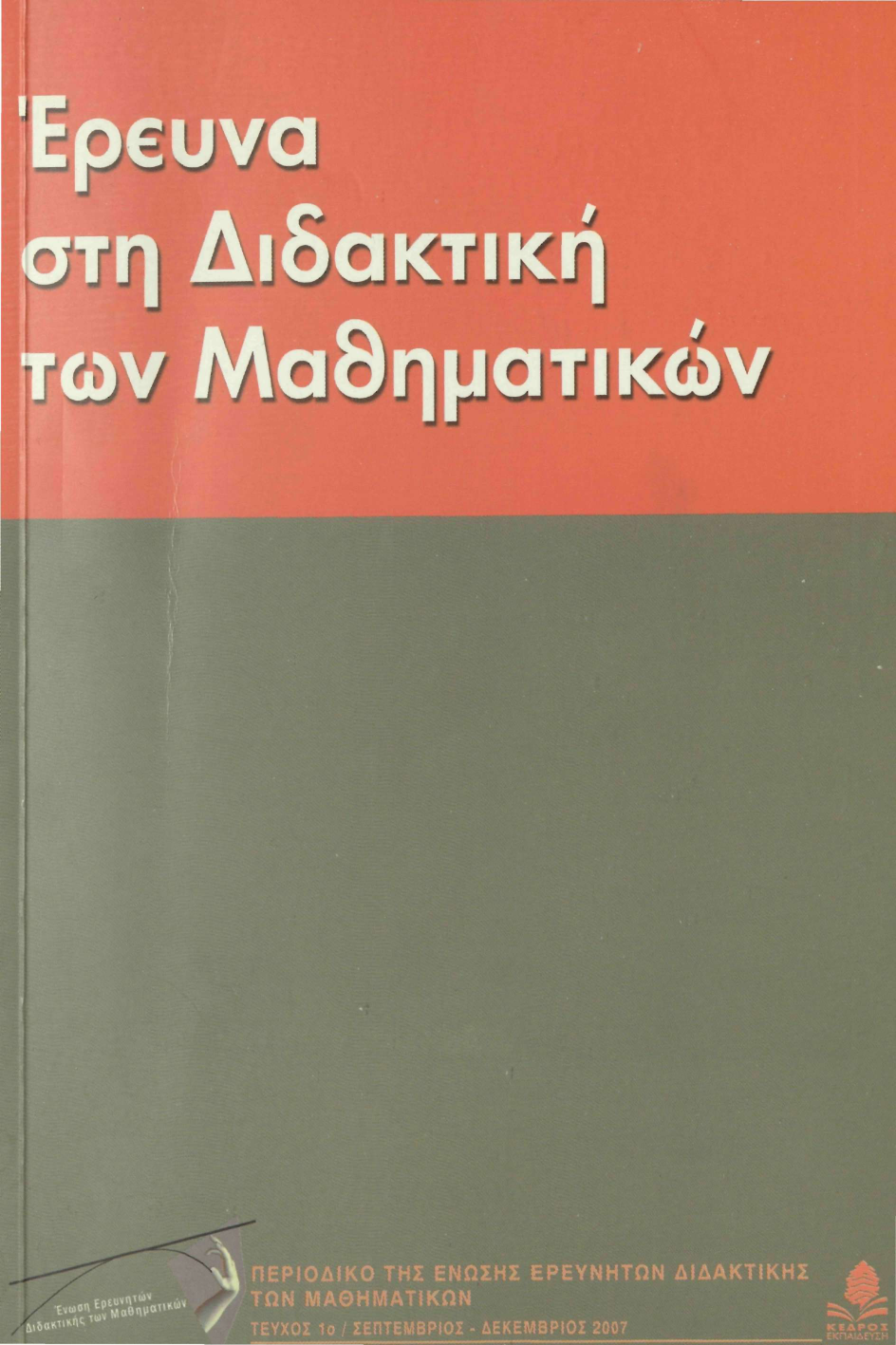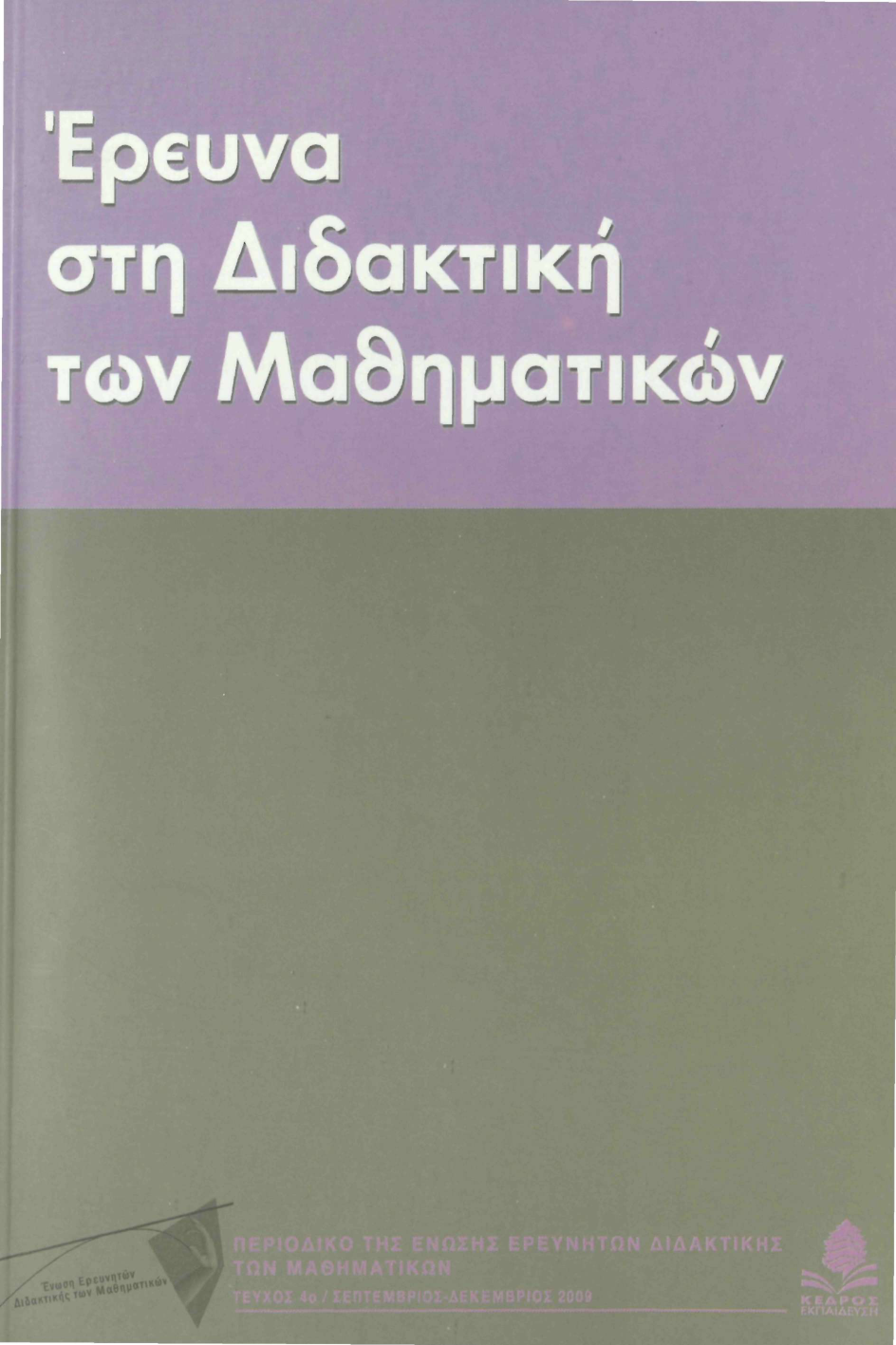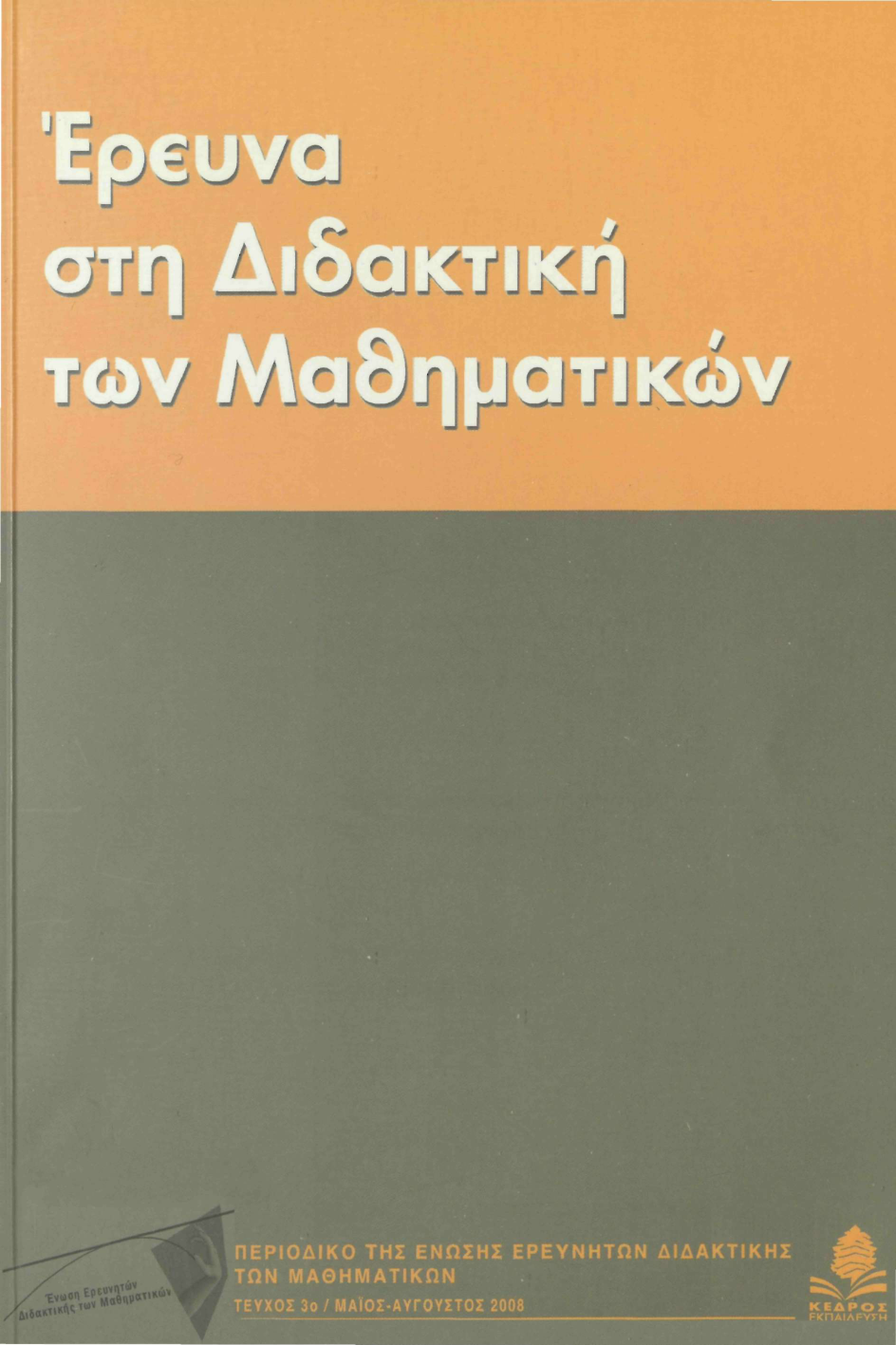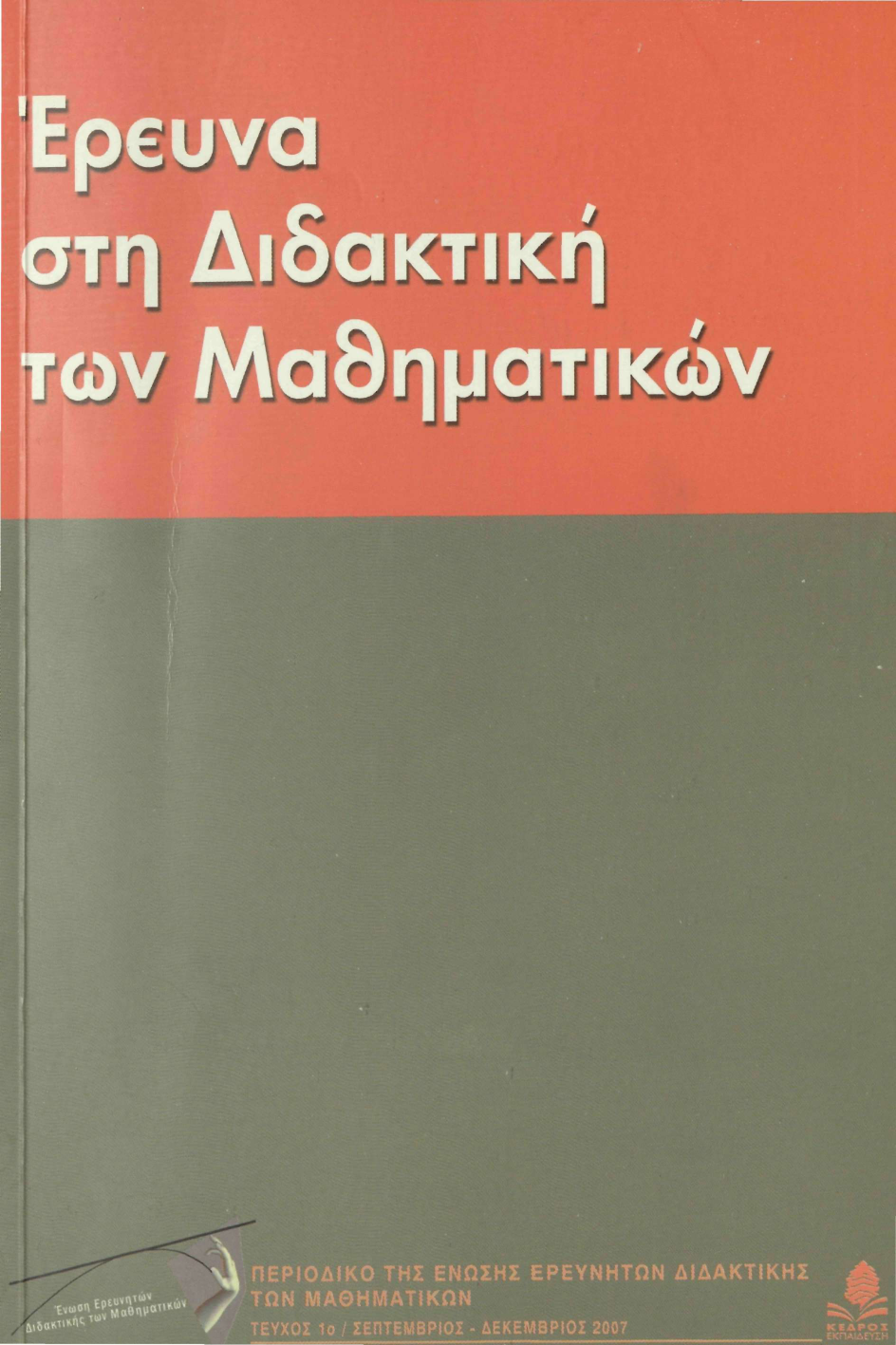TEACHERS' CONCERNS AND EFFICACY BELIEFS TOWARDS EDUCATIONAL REFORMS: CONNECTING THE TWO CONCEPTS

Abstract
Previous studies have documented the role that teachers' concerns and efficacy beliefs play in their implementation of educational reforms (Ghaith & Shaaban, 1999; Mc Kinney, Sexton, & Meyer son, 1999; van den Berg & Ros, 1999; van den Berg, Sleegers, Geijsel, & Vandenberghe, 2000). It was found that teachers' concerns develop in three stages: teachers are initially concerned about their personal competence to respond to the expectations of the innovation, then they are concerned about managing the reform, and finally, they focus on the potential of the reform to affect student learning. Research has also shown a positive correlation between teachers' efficacy beliefs and their disposition toward the reform. Despite the accumulating body of studies in the two aforementioned realms, the examination of teachers ' concerns and efficacy beliefs regarding a reform has largely moved onto parallel rather than intersecting paths.
In this paper, we attempted to integrate research pursued in the two realms. To this effect, we examined teachers' concerns and efficacy beliefs toward a reform on problem solving introduced in elementary school mathematics, we also proposed and tested a model that integrates teachers' concerns and efficacy beliefs with respect to the reform under consideration. The model assumes that the concerns of each successive stage are affected by the concerns of preceding stages; that efficacy beliefs affect the level of concerns related to the latter two stages and are affected by the strength of the concerns of the first stage; and that efficacy beliefs with respect to instructional approaches used prior to the introduction of the reform affect the strength of the concerns of all three stages.
The analysis of data collected from a sample of 157 Cypriot elementary school teachers showed that even five years after the introduction of this reform to the teaching of mathematics in the upper three elementary grades, teachers were concerned about their personal competence to respond to the expectations of the reform (first stage of concern); they were also found to feel more competent to teach problem solving employing instructional approaches used prior to the introduction of the reform. The analysis of the data using a structural equation model supported all three assumptions of the theoretical model integrating teachers' concerns and efficacy beliefs tested in this study.
The findings of the study point to the need for more comprehensive and systematic professional development efforts that introduce teachers to the philosophy and the main goals of the proposed reform. They also suggest that teachers' efficacy beliefs regarding instructional approaches used prior to the introduction of the innovation should not be underestimated, since they can affect teachers' concerns about, and accordingly their overall attitude toward, the reform. Additional studies are needed to cross-validate the model that was developed in the present study. Future studies that use Item Response Theory (IRT) models could also be used to further test the developmental character of teachers' concerns.
Article Details
- How to Cite
-
Χαραλάμπους (Charalampos Charalampous) X., Κυριακίδης (Leonidas Kyriakidis) Λ., & Φιλίππου (Giorgos Philippou) Γ. (2018). TEACHERS’ CONCERNS AND EFFICACY BELIEFS TOWARDS EDUCATIONAL REFORMS: CONNECTING THE TWO CONCEPTS. Research in Mathematics Education, (1), 8–39. https://doi.org/10.12681/enedim.18762
- Section
- Articles

This work is licensed under a Creative Commons Attribution 4.0 International License.
Authors who publish with this journal agree to the following terms:
Authors retain copyright and grant the journal right of first publication with the work simultaneously licensed under a Creative Commons Attribution licence that allows others to share the work with an acknowledgement of the work's authorship and initial publication in this journal.
Authors are able to enter into separate, additional contractual arrangements for the non-exclusive distribution of the journal's published version of the work (e.g. post it to an institutional repository or publish it in a book), with an acknowledgement of its initial publication in this journal.
Authors are permitted and encouraged to post their work online (preferably in institutional repositories or on their website) prior to and during the submission process, as it can lead to productive exchanges, as well as earlier and greater citation of published work (See The Effect of Open Access).





